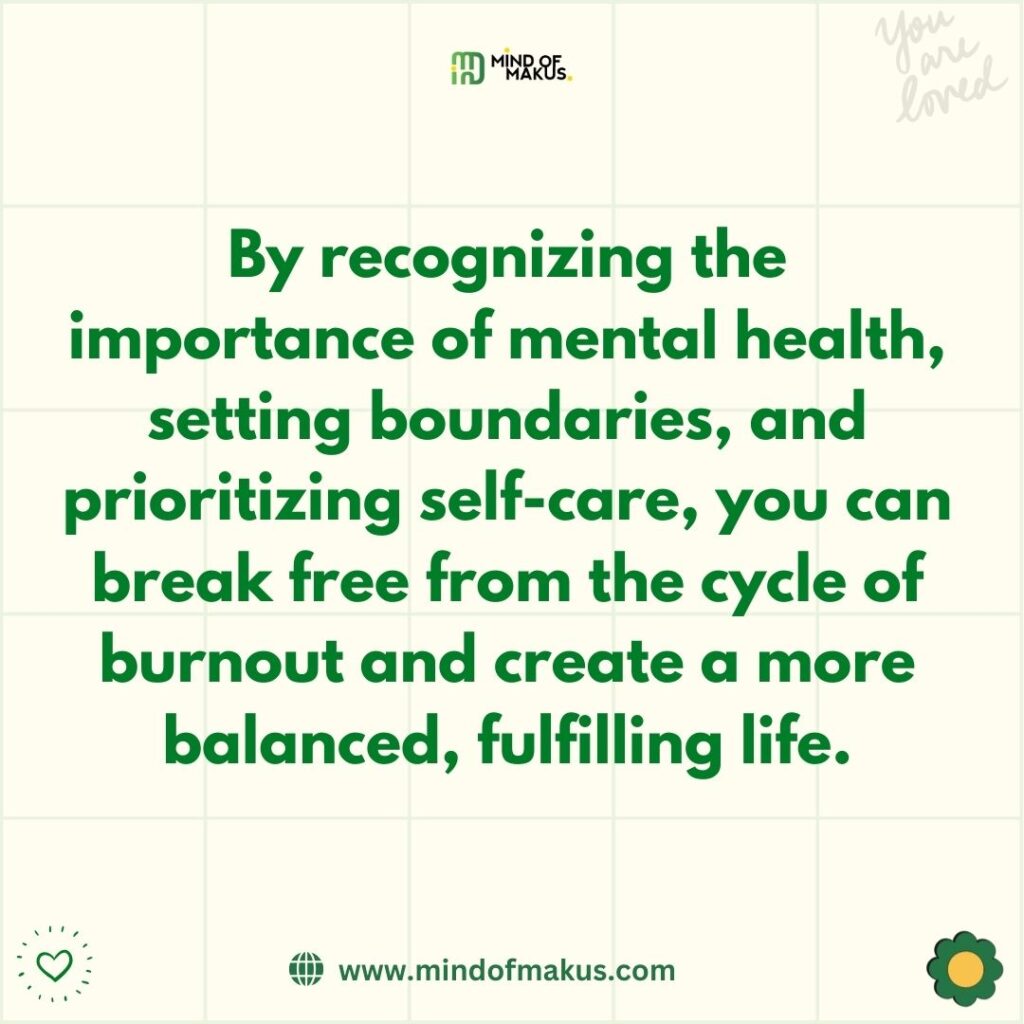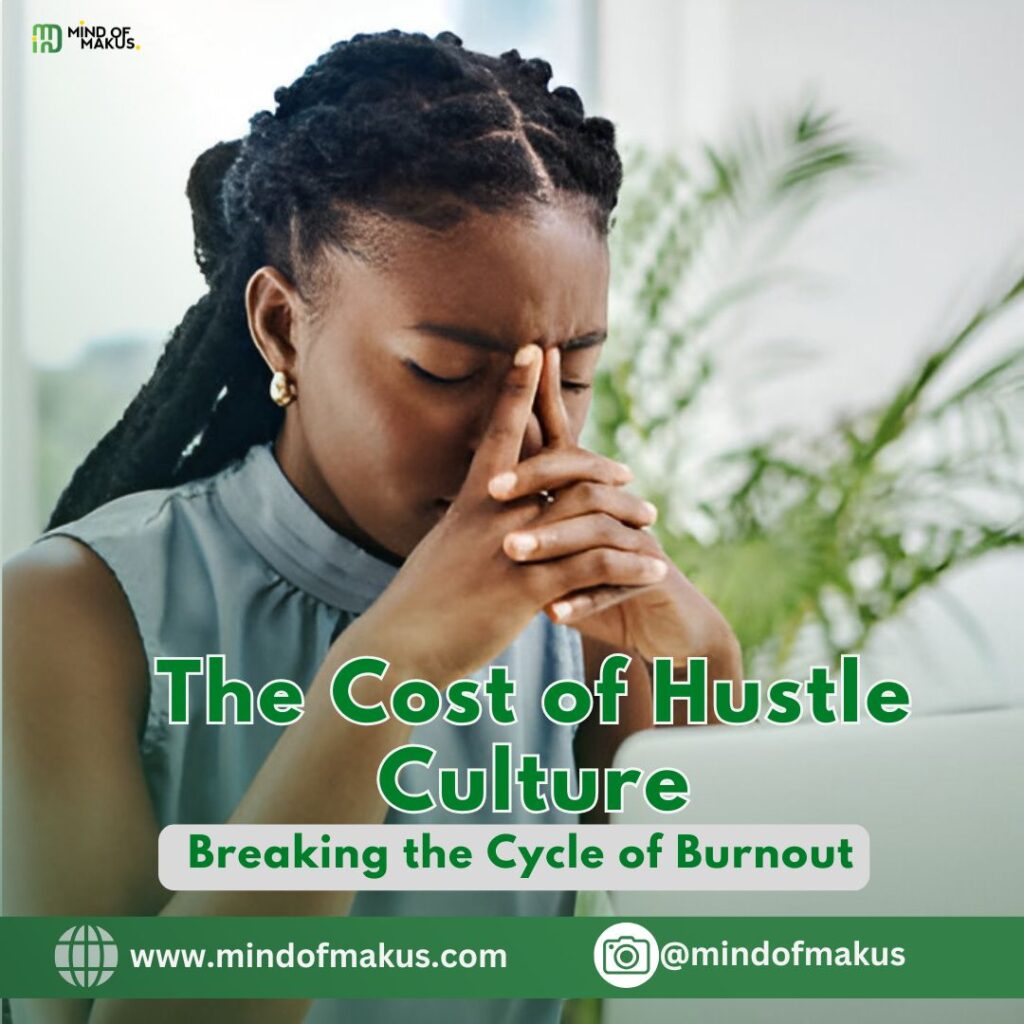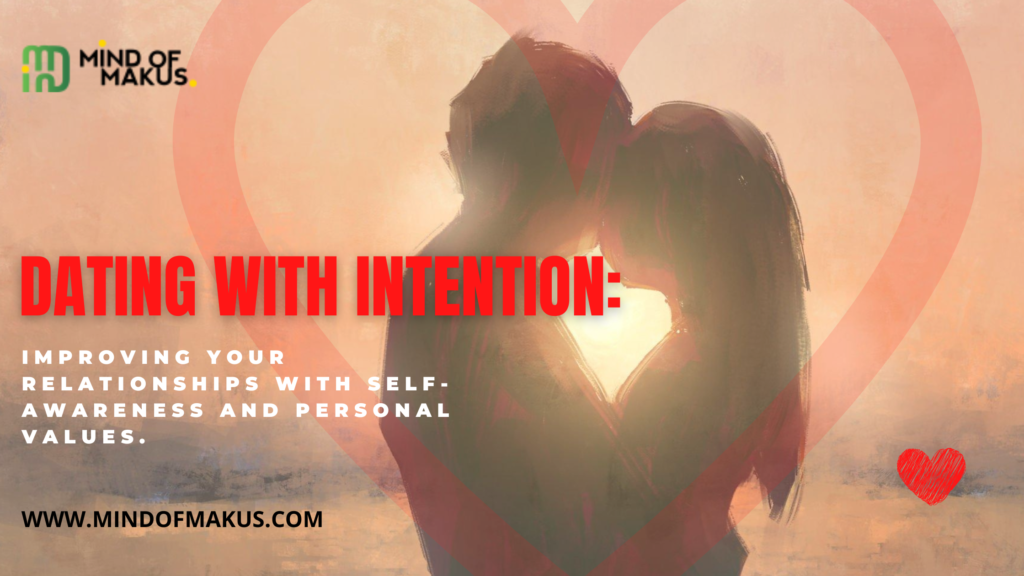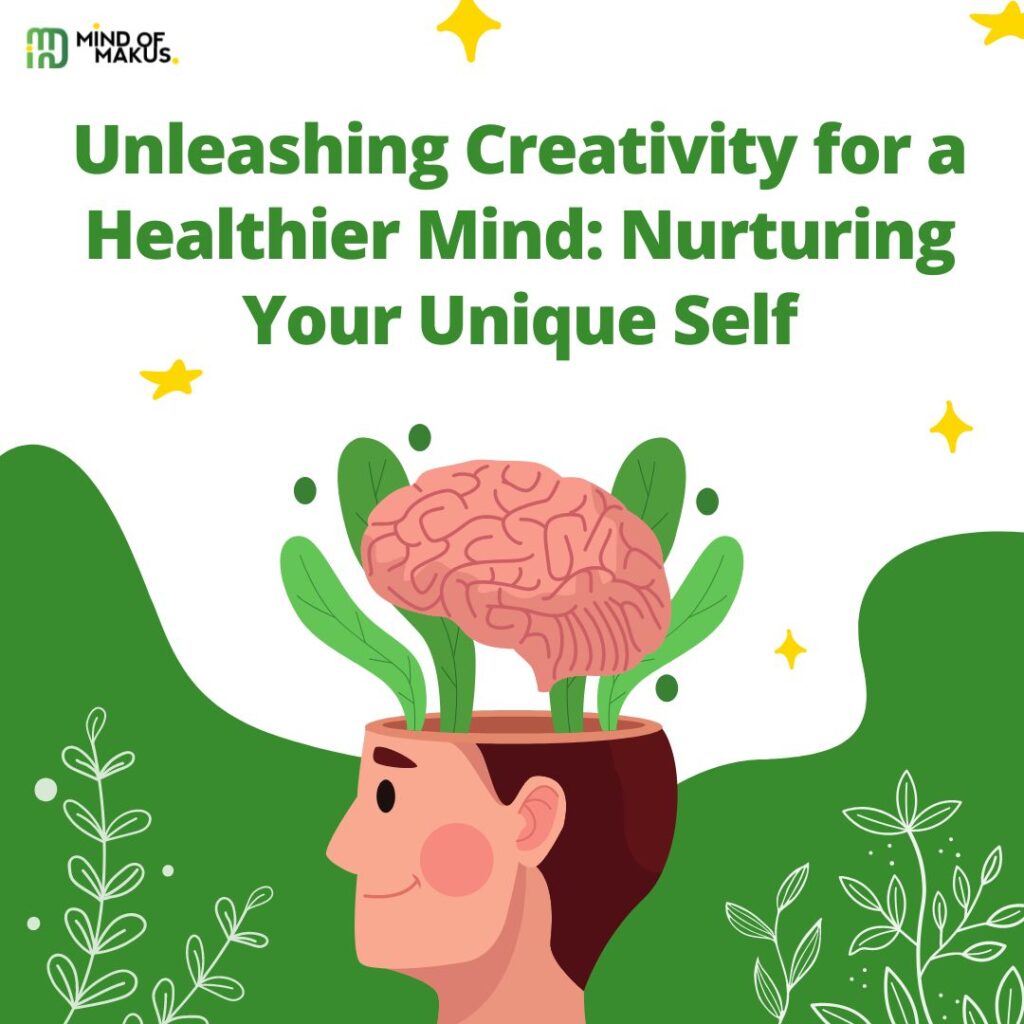Hello dear friends,
Life has joys and lessons that work in us for the greater good. We are all going through it all simultaneously, all the experiences that make us who we are. Such profound life-changing things are happening around us every day. I feel privileged to experience this time in the history of humanity.
How have you been? If you have been struggling with the weather, check out my recent post on how to cope with winter difficulties I suggest a few activities to combat loneliness and low mood.
Feel free to send me an email at [email protected], if you need to leave feedback or have any burning questions. You can also engage with us by leaving a comment on my instagram.
I, like many working adults in 2024, can find myself swept up in the tide of hustle culture—the idea that constant productivity, long hours, and relentless ambition are the keys to success. Do more, produce more, give more, learn more… where does it stop, how do we control it, what are we chasing?
While the rewards of hard work are undeniable, this culture can come with a hidden price: burnout, stress, absent parents, poor social networks, and declining mental health. In this post, we’ll explore the mental health costs of hustle culture and offer practical advice for breaking free from its grip.
What is Hustle Culture?
Hustle culture is the pervasive belief that success is only attainable through constant hard work, long hours, and maximizing productivity at all costs. It’s the glorification of the “grind,” where taking breaks or slowing down is often seen as weakness or a lack of ambition. While striving for excellence is a noble pursuit, hustle culture can easily lead to a dangerous cycle of burnout.
The Costs of Hustle Culture
The pressure to always be “on the go” can have serious repercussions on your mental and physical well-being. Here are some of the key ways hustle culture can take a toll:
- Chronic Stress
Constantly pushing yourself to meet deadlines, achieve goals, and maintain productivity leaves little room for relaxation. Over time, this stress becomes chronic, leading to anxiety, irritability, and even physical health problems like high blood pressure and insomnia. - Burnout
Burnout occurs when prolonged stress and overwork lead to exhaustion—emotionally, mentally, and physically. Symptoms include feeling drained, disengaged, and unmotivated, often leading to a decline in job performance and personal satisfaction. - Loss of Personal Balance
Hustle culture encourages people to sacrifice their personal lives for work. Relationships, hobbies, and self-care are often neglected in the pursuit of success. Over time, this can leave individuals feeling isolated and disconnected from the things that truly bring them joy. - Decreased Creativity and Productivity
Ironically, the very thing hustle culture promotes—productivity—can suffer when you’re constantly burned out. Exhaustion diminishes creativity, problem-solving abilities, and focus, making it harder to achieve the goals you’re chasing. - Emotional Exhaustion
The emotional strain of always being “on” can leave you feeling drained. You may become less capable of handling stress, less patient with others, and less engaged with your work and personal life. Do you remember how you feel on some days when you don’t even want to see or talk to anyone? Imagine that being every day, it can get overwhelming to be that sensitive. - Family Breakdown:
Family breakdown and the difficult dynamic between partners. Relationships need more than money, no matter how much money we have, relationships need time. This includes marital, parental, friendships, and the like. Anything that is worth having, takes time. A lot of young people are building careers and building families simultaneously, are we giving our families the time they need to yield the fruits we want? Inheritance is way more than money.
7. Separation From Faith:
A separation from faith and the anchors that hold you down. There is a certain numbness that comes when you are doing too much. Your heart is hard and unfeeling, you can’t get in touch with the person in you. You are pushed but you keep on moving, nothing reaches you. That is a warning, that’s your red light for restorative action. Stop and pray and leave everything else alone.


Breaking the Cycle of Burnout
Recognizing the harmful effects of hustle culture is the first step toward breaking free from its cycle. You may wonder that you can’t relate to anything I have said so far, is that true or are you just not aware that you are burning? Most people in the cycle, are not aware and it may not be obvious things in your life it may need a closer look. I just want to encourage you to pause and see areas where you may be telling yourself you can’t afford to slow down or rest, and how this may be affecting you in other areas. Count the cost.
Practical Strategies to help you Reclaim your Mental Health and Find Balance in your Life
Here are some practical strategies to help you reclaim your mental health and find balance in your life:
- Set Boundaries
One of the most important ways to protect yourself from burnout is by setting clear boundaries between work and personal life. Establish specific work hours stick to them, and make time for rest, hobbies, and socializing. Learning to say “no” to additional tasks or commitments can also help prevent overwhelming workloads.
I tend to double and triple book myself, when I became aware of this, I started documenting things in a digital calendar asap and this has helped me pace myself and say more valuable “Nos”.


- Prioritize Self-Care
Self-care isn’t a luxury; it’s a necessity for maintaining mental and physical health. Make time for activities that replenish your energy, whether it’s exercising, meditating, spending time with loved ones, or simply relaxing. Taking care of yourself is not selfish; it’s essential for long-term success and happiness.
Please when I say self-care, I am not talking about spending money to rest, I am talking about daily practices in your life that keep you well, keep you loved, and keep you feeling valued and respected. - Embrace the Power of Rest
Contrary to hustle culture’s beliefs, rest is not the enemy of productivity—it’s a crucial component of it. Schedule regular breaks during your workday to recharge, and ensure you’re getting enough sleep each night. Rest helps restore your focus, creativity, and energy, making you more effective in the long run. - Redefine Success
Success doesn’t have to mean working 24/7 or constantly being on the move. Redefine success on your terms by focusing on what truly matters to you—whether it’s professional growth, personal fulfillment, or strong relationships. Success is not just about what you achieve, but how you achieve it and how balanced your life feels in the process. - Seek Support
Don’t hesitate to lean on others when you’re feeling overwhelmed. Whether it’s talking to a friend, joining a support group, or seeking professional help from a therapist or counselor, having a support system in place is crucial for maintaining your mental health.
Surrounding yourself with people who understand your journey can provide valuable encouragement and perspective. I have a social group whose main aim is enjoyment, we don’t try to be emotional pillars in each other’s lives, we enjoy the company and the social connections we have formed and value it for what it does for each of us individually. Join social groups, travel clubs, etc, and get on with giving and receiving support. - Practice Mindfulness
Incorporating mindfulness practices into your routine can help you stay present and manage stress. Techniques like meditation, deep breathing, or even taking mindful walks can provide clarity, calm, and balance in your day. Go outside and let the breeze touch you. - Prayer
My dear friend, prayer is a strong tool in every toolbox for life. Take time, make time, create time, and dedicate it to prayer. If you struggle to pray, you may want to join this link at 9 pm UK time daily.


Why Mental Health Must Come First
The pressure to keep up with hustle culture can be immense, but prioritizing mental health over societal expectations is key to long-term success and well-being.
Remember, you can’t pour from an empty cup. By making time for rest, self-care, and balance, you not only protect yourself from burnout but also set yourself up for sustainable growth and success.
It’s time to break the cycle of hustle culture. Redefine success by focusing on your well-being, setting boundaries, and embracing a healthier, more balanced approach to life. You deserve a life that feels fulfilling, not just busy.
Final Thoughts
As a working adult, it’s easy to fall into the trap of hustle culture, believing that constant productivity is the only path to success. However, the true cost of this mindset—chronic stress, burnout, and diminished mental health—is too high.
By recognizing the importance of mental health, setting boundaries, and prioritizing self-care, you can break free from the cycle of burnout and create a more balanced, fulfilling life.
Start today by making small changes to your routine that put your well-being first. Remember, success is not about how much you do but about how well you take care of yourself along the way.
Until next time, stay authentic,
Stay resilient, and continue to honour your needs.
Live wholeheartedly,
Amaka



